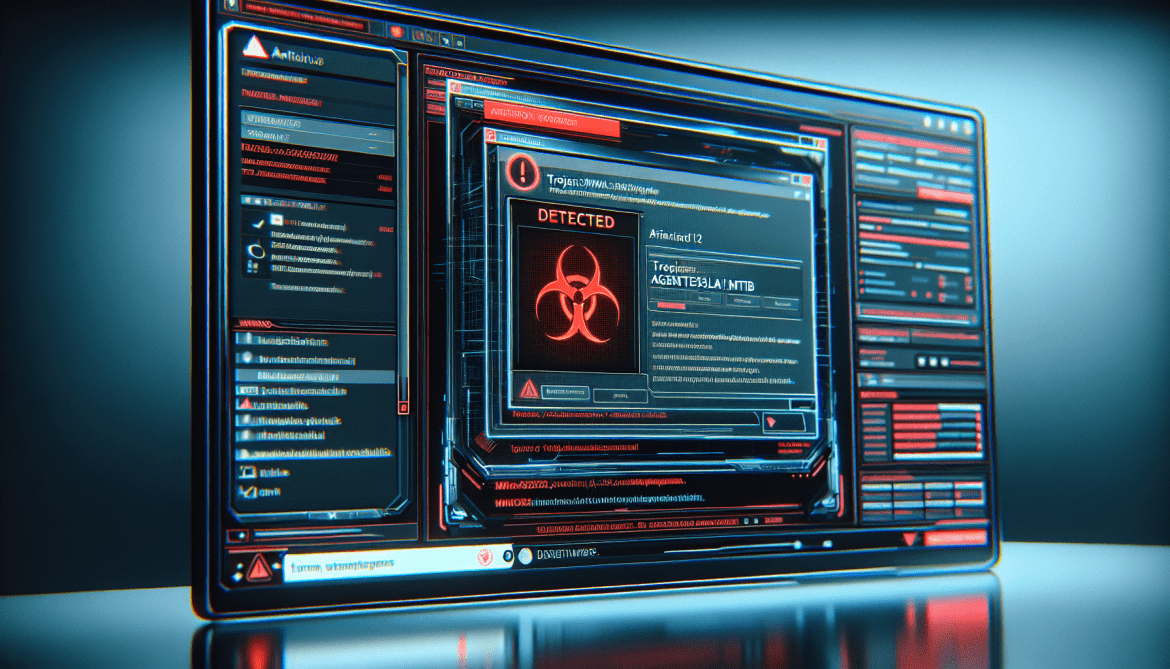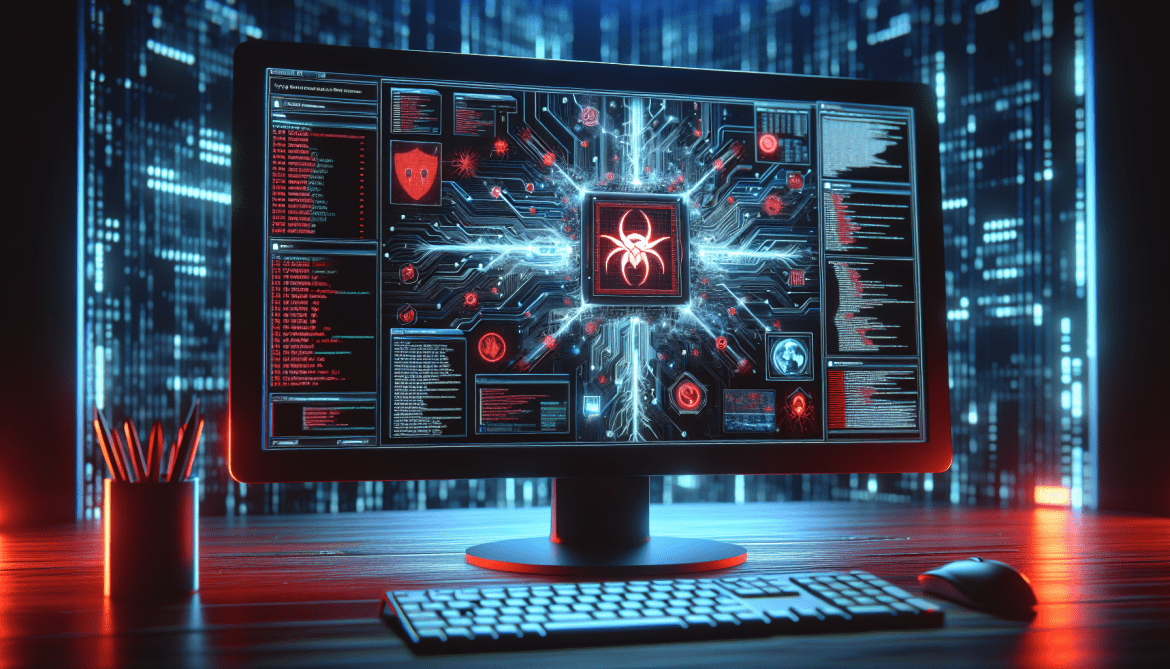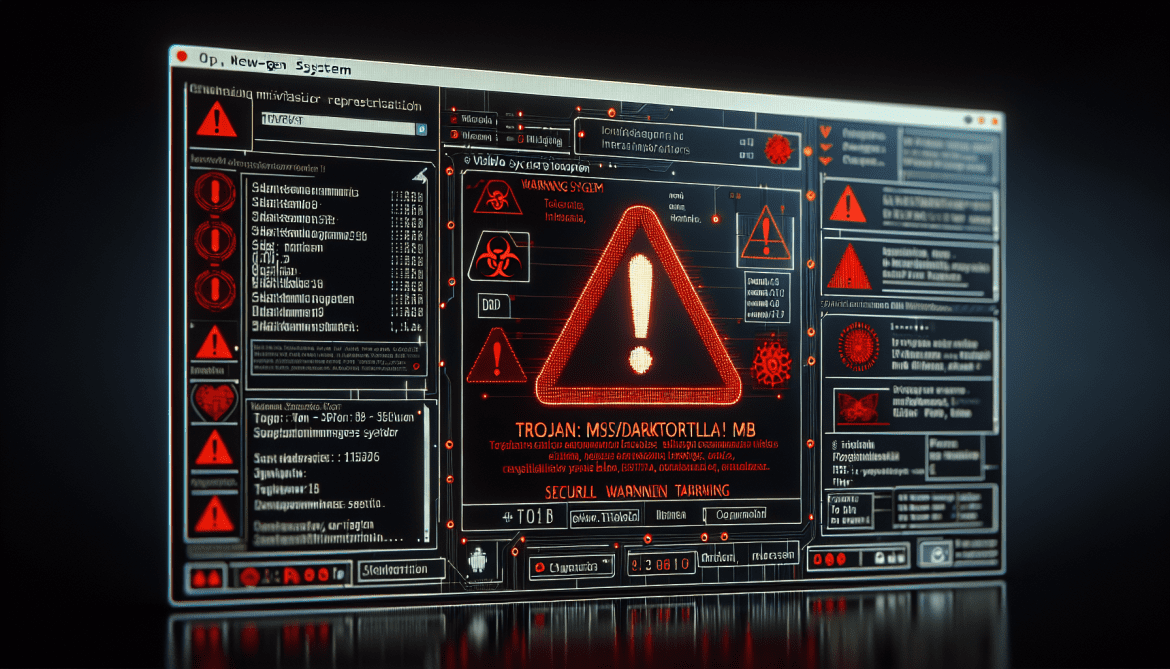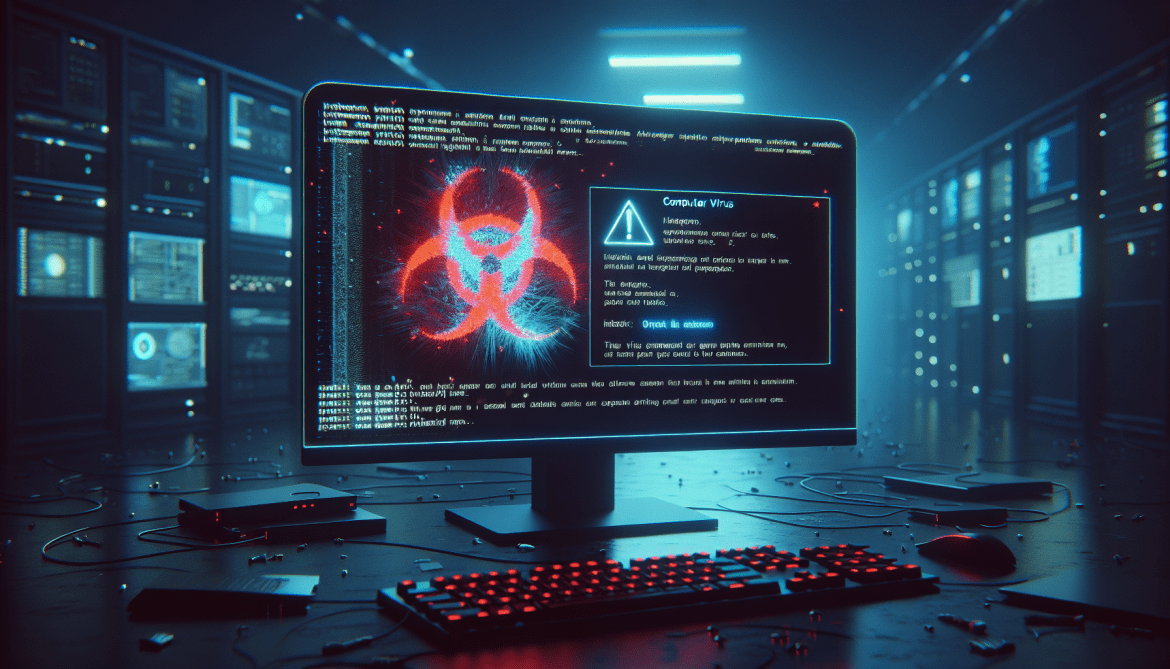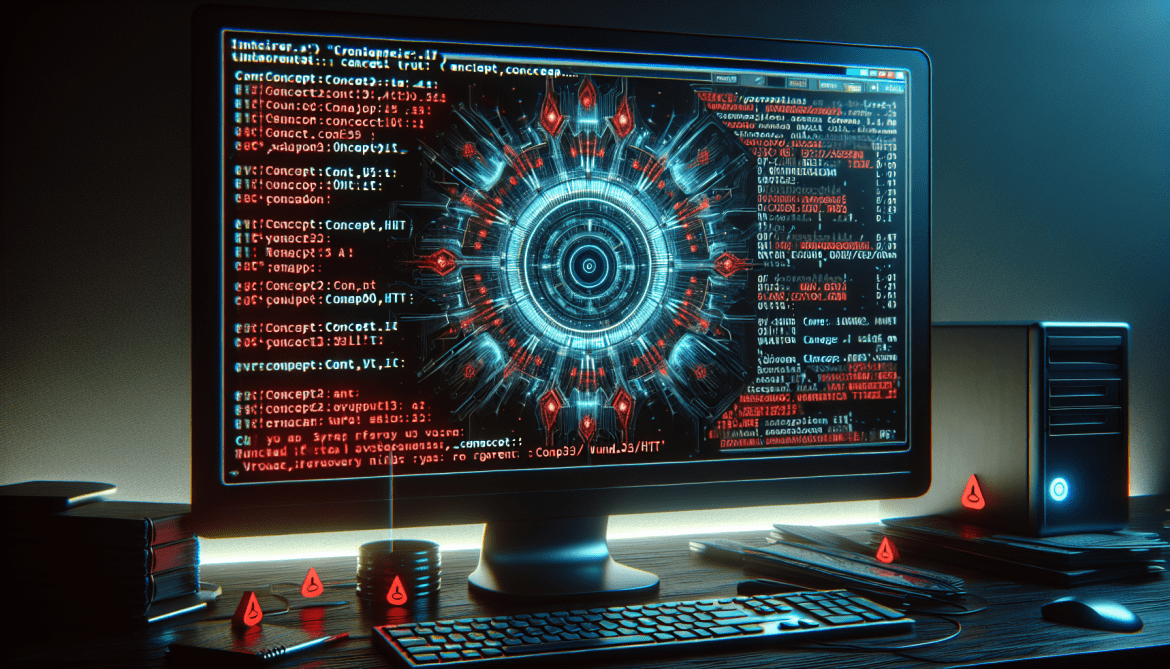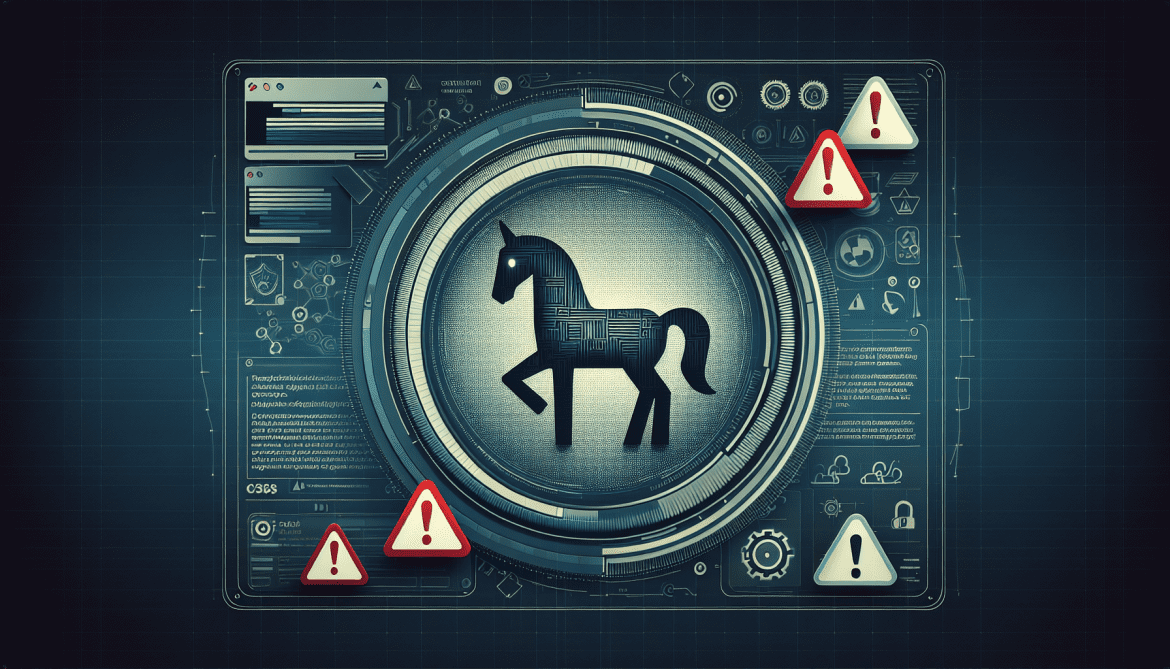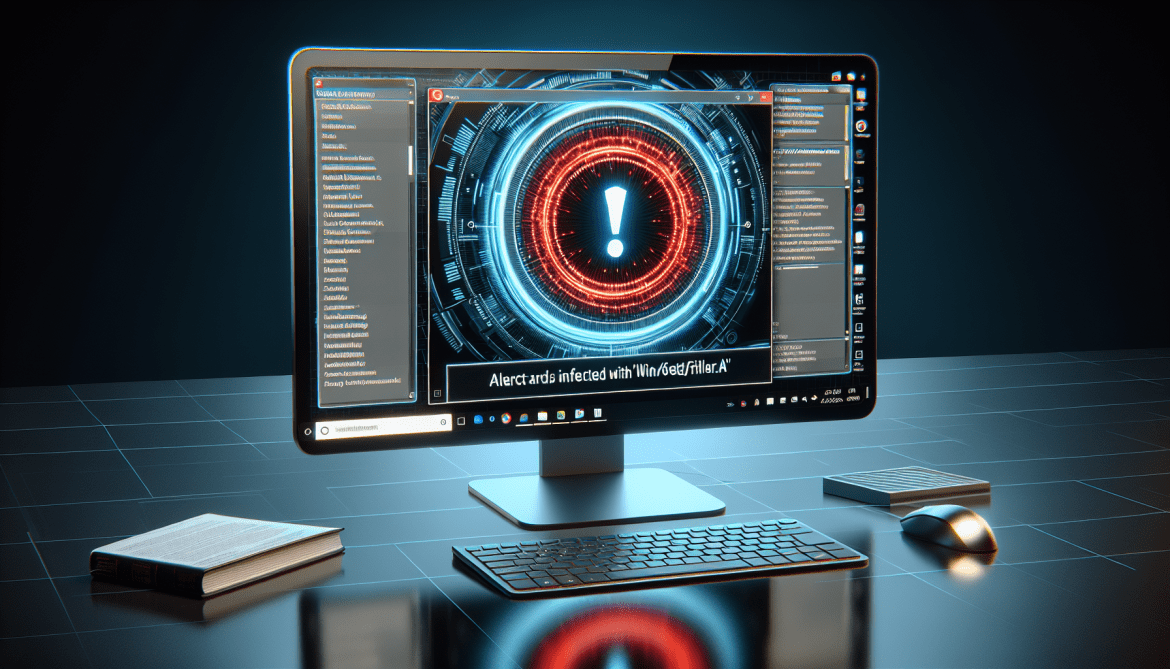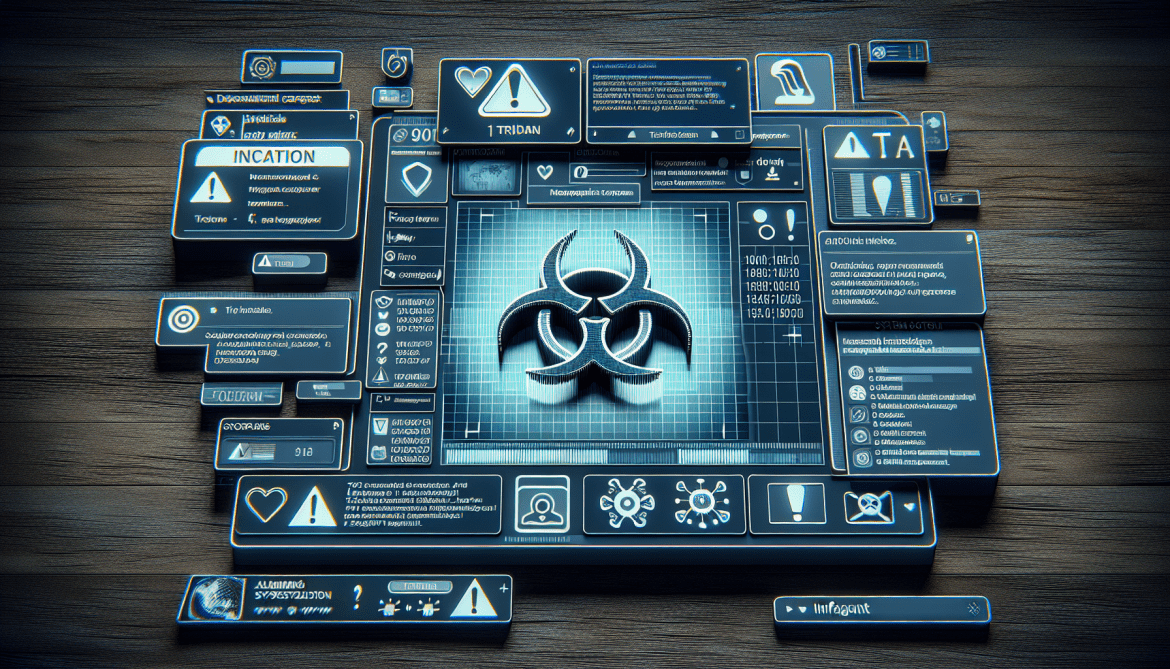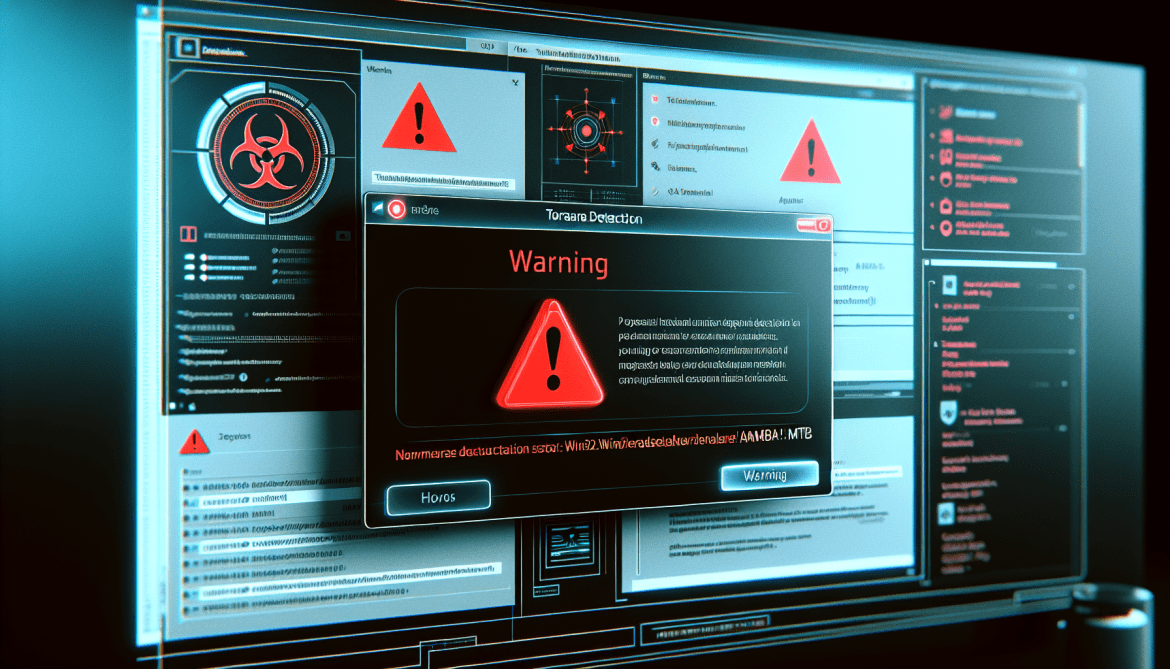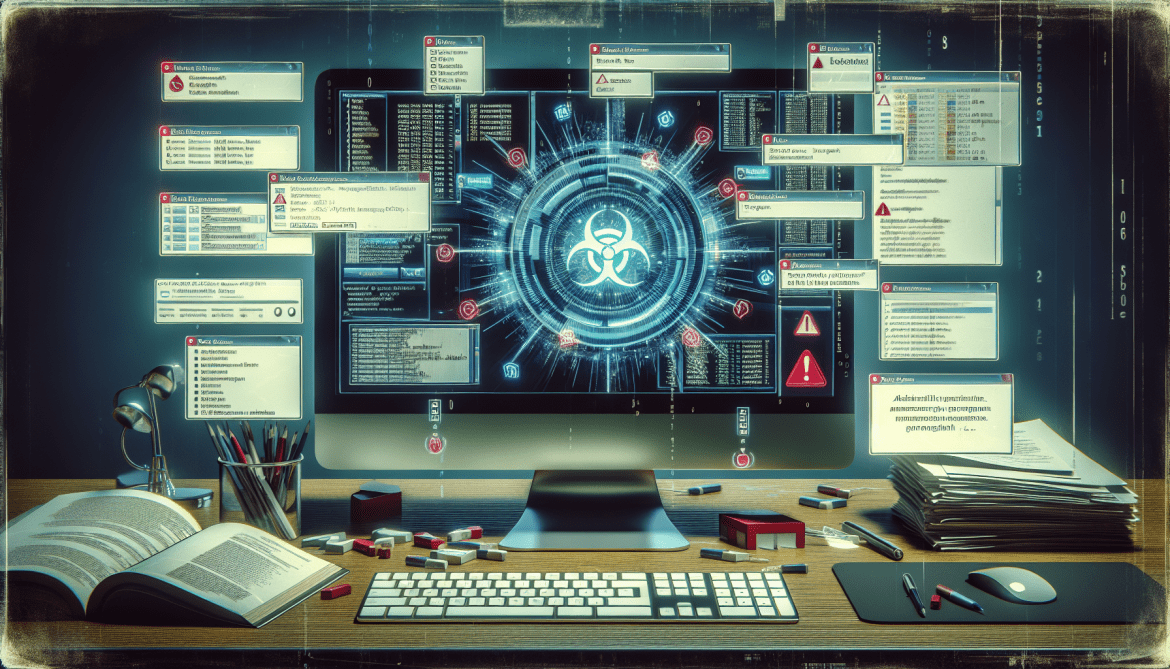Trojan:Msil/Agenttesla.Asde!Mtb is a type of malware that belongs to the Agent Tesla family of trojans. This particular Trojan is designed to steal sensitive information from infected systems, such as login credentials, financial data, and personal information.
Trojan:Msil/Agenttesla.Asde!Mtb typically infects computers through various methods, including email attachments, malicious links, software downloads, and exploit kits. Once the Trojan is executed on a system, it can run in the background and perform various malicious activities without the user’s knowledge.
To protect your computer from Trojan:Msil/Agenttesla.Asde!Mtb and other malware, it is important to have up-to-date security software installed, avoid clicking on suspicious links or downloading unknown attachments, and regularly update your operating system and software applications. Additionally, practicing safe browsing habits and being cautious when sharing personal information online can help prevent malware infections.

